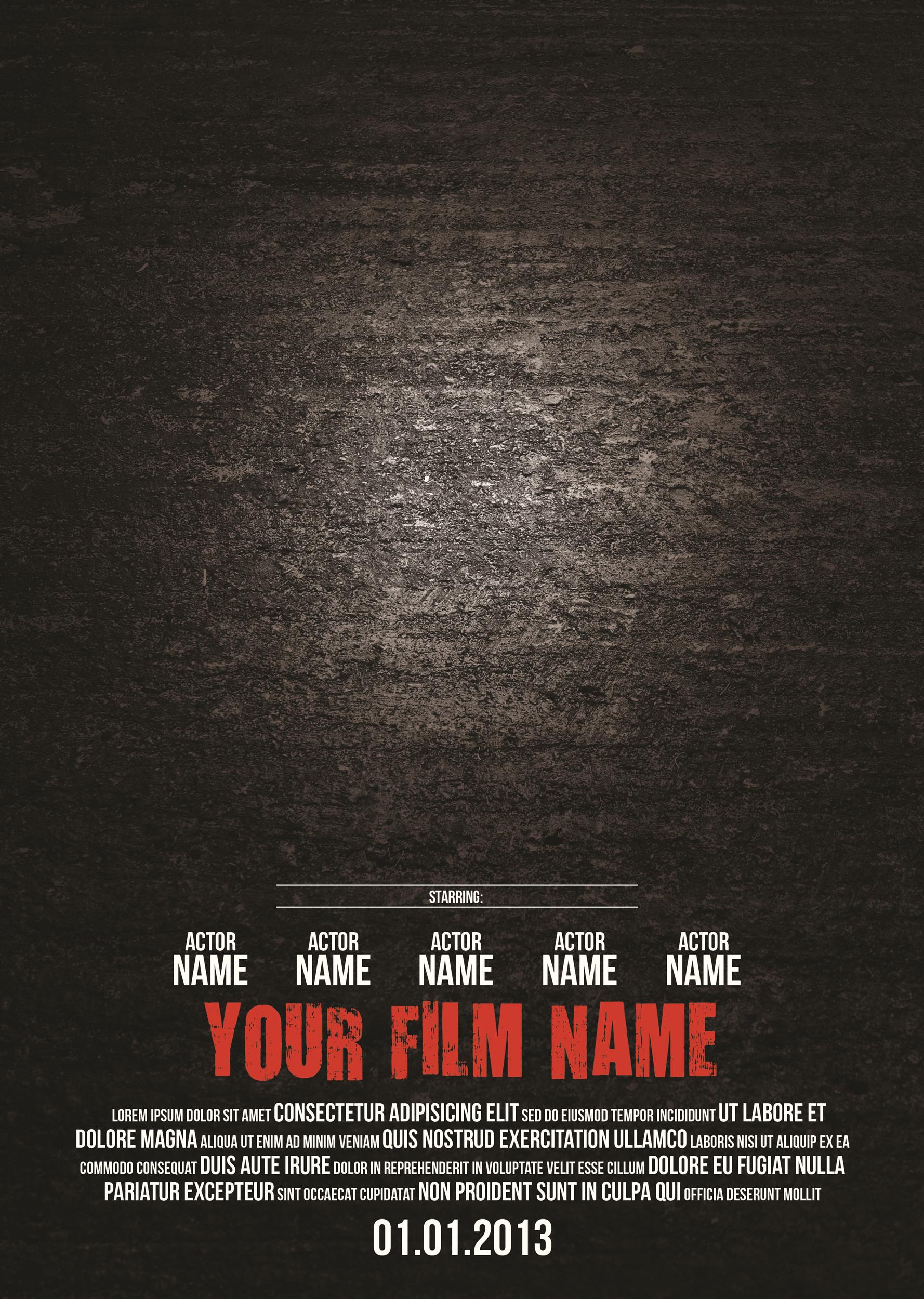Reel Imagination: Unleashing AI to Craft Stunning Movie Posters
Reel Imagination: Unleashing AI to Craft Stunning Movie Posters
Blog Article

In the digital age, creativity knows no bounds, and artificial intelligence is at the forefront of this revolution. One of the most exciting applications of AI is in the realm of graphic design, particularly in the creation of movie posters. As films continue to evolve, so too does the way they are marketed, and an AI movie poster generator is quickly becoming an invaluable tool for filmmakers and marketers alike. These innovative generators leverage advanced algorithms to produce eye-catching designs that can capture the essence of a film in a single image.
Imagine being able to generate stunning visuals that reflect the themes and emotions of a movie with just a few clicks. The integration of AI into the design process not only enhances creativity but also streamlines production timelines, allowing filmmakers to experiment with different concepts effortlessly. With this technology, the future of movie marketing looks brighter than ever, as AI continues to push the limits of imagination and design in the film industry.
How AI Transforms Movie Poster Design
The integration of artificial intelligence into the realm of movie poster design has revolutionized the creative process. Traditionally, designers relied heavily on manual techniques, drawing inspiration from various sources while experimenting with layouts, colors, and typography. However, AI movie poster generators streamline this process by analyzing vast datasets of existing movie posters and understanding the underlying aesthetics and trends. This enables filmmakers and designers to generate visually appealing posters quickly and efficiently, minimizing the time spent on brainstorming and conceptualizing.
AI algorithms can assess the emotional tone of a film and suggest designs that resonate with the intended audience. By learning from audience preferences and analyzing successful marketing campaigns, AI tools can recommend specific visual elements, such as imagery or color schemes, that are more likely to draw attention. This targeted approach ensures that movie posters are not only stunning but effectively communicate the essence of the film, increasing the chances of capturing viewer interest.
Moreover, AI movie poster generators offer a level of customization that was previously difficult to achieve on a larger scale. Designers can input various parameters, such as genre, themes, and target demographics, allowing the AI to create tailored designs that match specific marketing strategies. This ability to generate multiple iterations of a poster in a matter of minutes empowers filmmakers to explore diverse visual representations and choose the one that best aligns with their vision, ultimately leading to more innovative and eye-catching movie posters.
Exploring AI Tools for Poster Generation
In recent years, AI movie poster generators have emerged as powerful tools for filmmakers and artists looking to create eye-catching visuals. These innovative platforms utilize machine learning algorithms to analyze various design elements, color schemes, and typography that make movie posters appealing. As a result, creators can experiment with unique styles and aesthetics without needing extensive graphic design skills. The ease of use offered by these generators allows even novice designers to produce professional-quality posters quickly.
One of the most exciting aspects of AI-driven poster generation is the customization it offers. Users can input essential details such as the film's genre, tone, and key themes, and the AI will generate multiple design options that align with these parameters. This flexibility enables filmmakers to explore creative concepts that they may not have considered otherwise. Furthermore, the AI's vast database of existing movie posters helps ensure that the generated designs resonate with audiences familiar with cinematic trends and styles.
https://magichour.ai/tools/movie-poster-generator
As these tools continue to evolve, their user interface and features are becoming increasingly sophisticated. Many AI movie poster generators now incorporate features like image editing, text manipulation, and the ability to blend various artistic styles seamlessly. This progression signifies a future where filmmakers can harness the power of AI not just as a gimmick but as an integral component of the creative process, ultimately leading to more innovative and stunning movie poster designs that capture the essence of their films.
The Future of Movie Marketing with AI
As the film industry continues to evolve, the integration of AI in movie marketing is poised to revolutionize how studios capture audience attention. The rise of AI movie poster generators presents filmmakers with innovative tools to create eye-catching visuals tailored to specific demographics. By analyzing audience preferences and trends, these generators can produce posters that resonate with potential viewers, enhancing engagement and interest even before the movie hits the screens.
Moreover, the efficiency of AI in this realm cannot be overstated. Traditional methods of designing movie posters often involve a lengthy creative process with multiple revisions. In contrast, AI-powered tools can streamline this process, generating diverse concepts in a fraction of the time. This allows marketing teams to test different designs quickly, optimizing their approach based on real-time feedback and analytics, ultimately leading to more effective promotional campaigns.
In the future, we can expect AI movie poster generators to evolve even further, incorporating advanced features like personalized designs based on individual viewer data. This level of customization could redefine how marketing material is approached, allowing studios to connect with audiences on a more personal level. As AI technology continues to advance, the future of movie marketing will likely be characterized by creativity and data-driven strategies that enhance the connection between films and their audiences.
Report this page